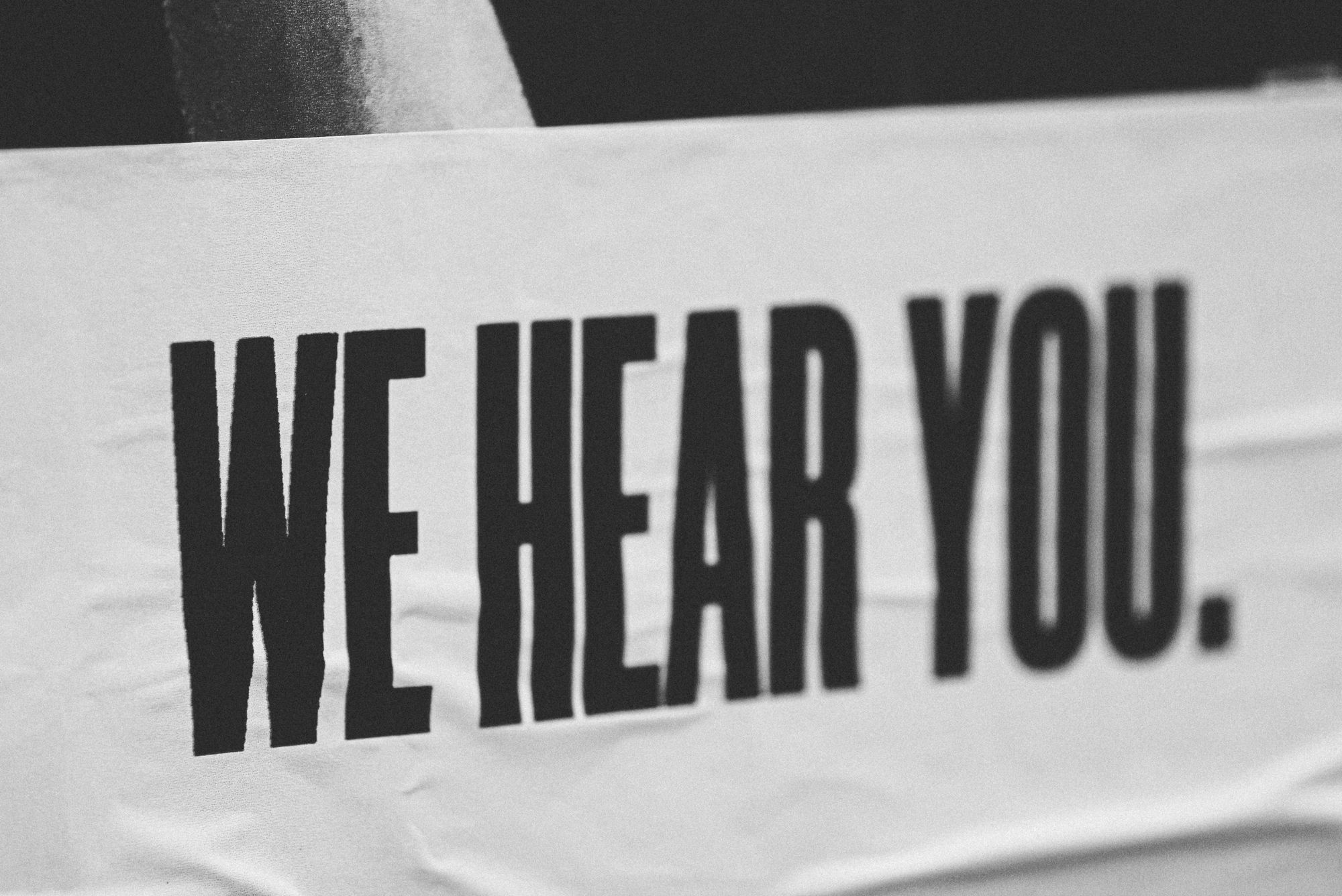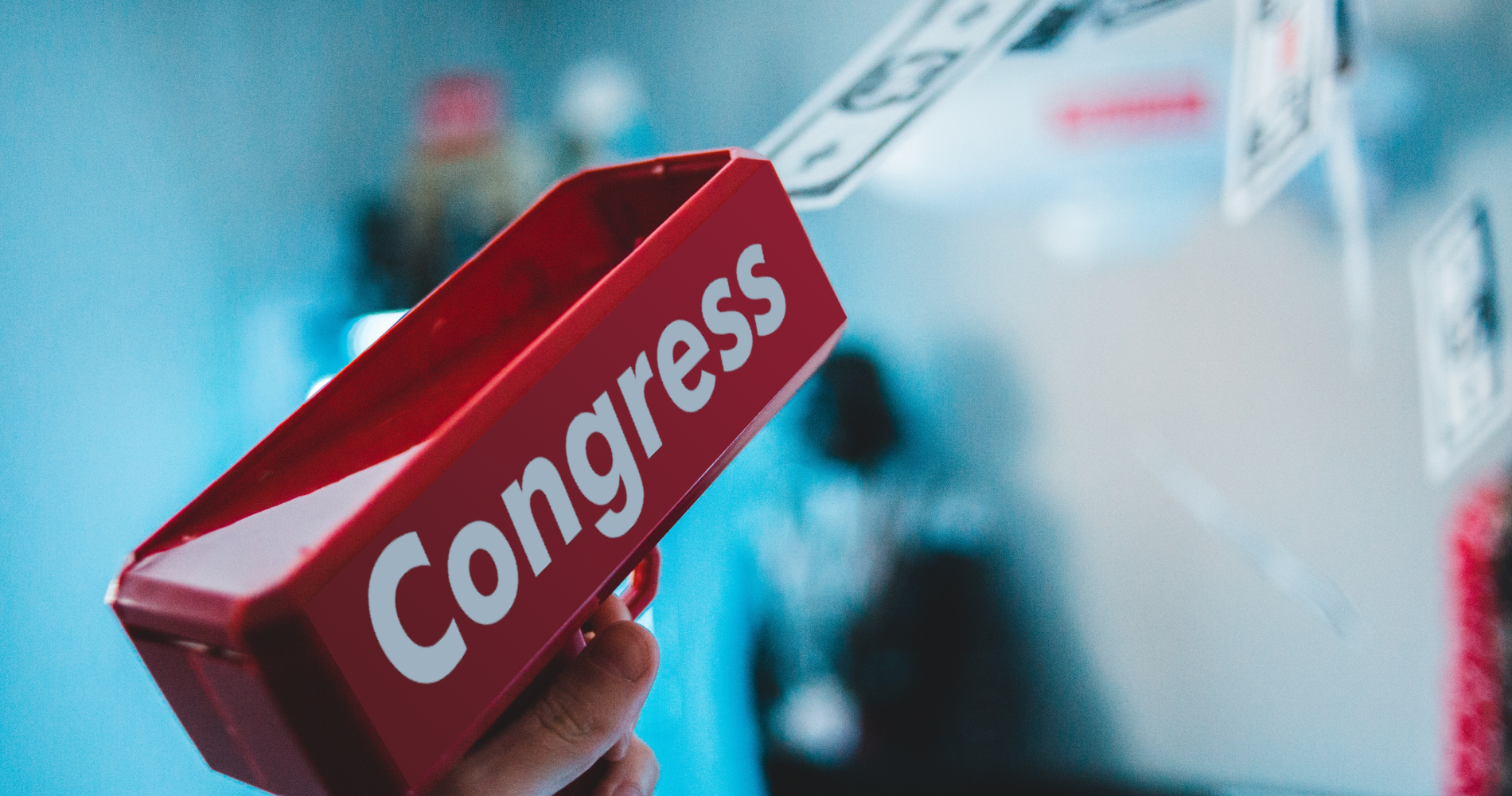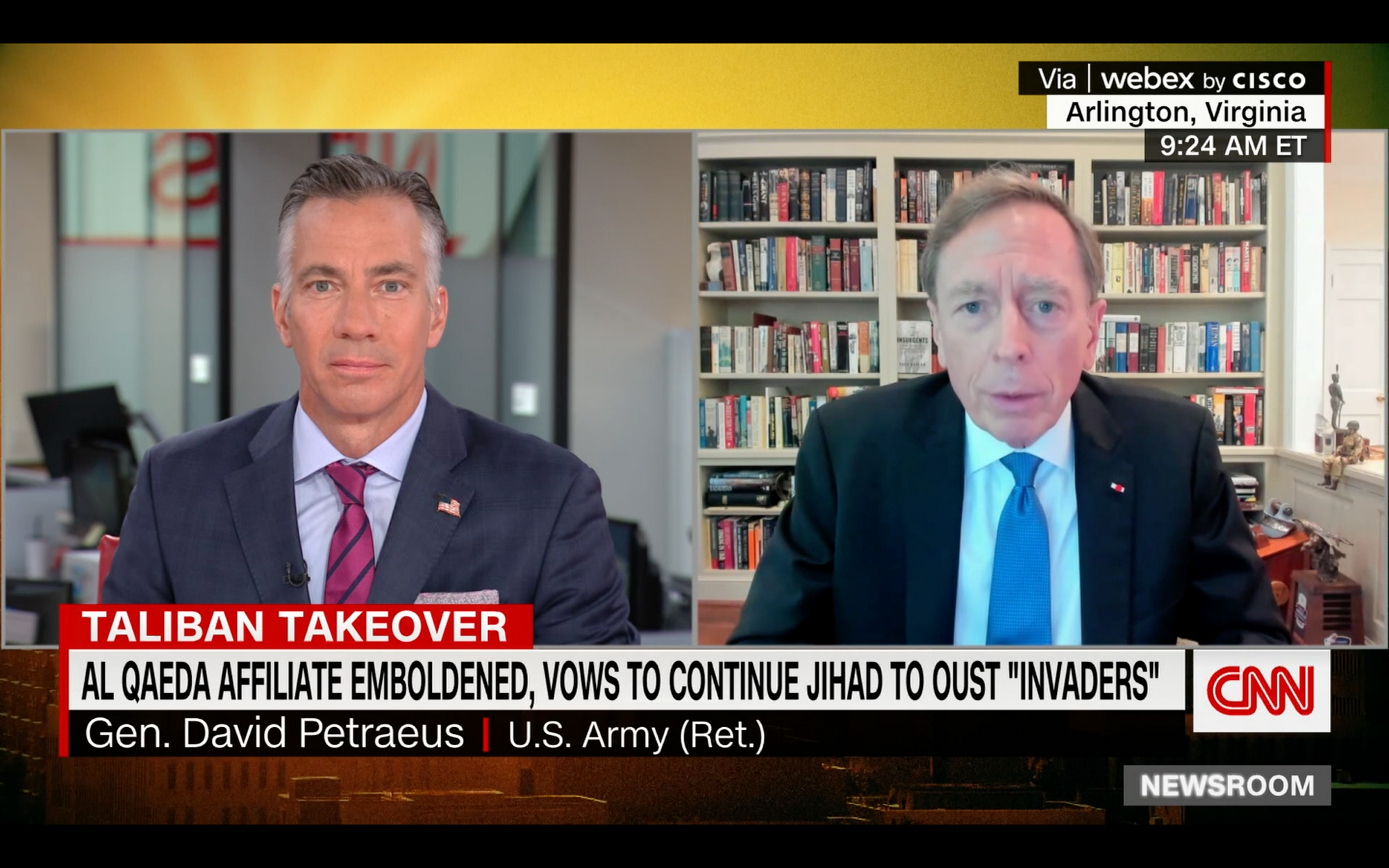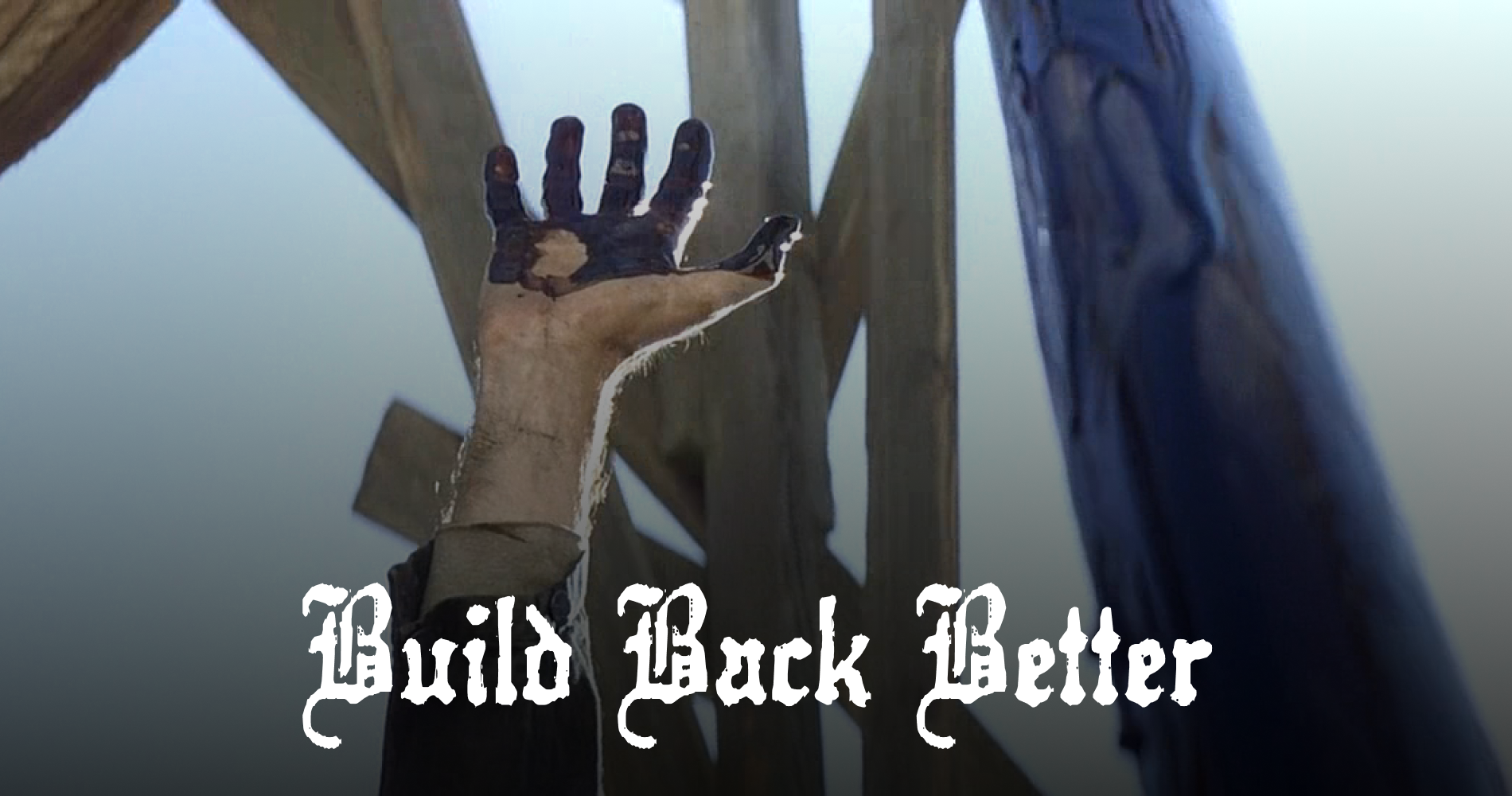When voters went to the polls in Virginia, New Jersey, and a handful of other states and localities two weeks ago, the “economy” surely wasn’t the only thing on their minds. But according to Virginia exit polls—which should be taken with a grain of salt but not disregarded—“the economy” was the top issue there.
Terry McAuliffe, the Democratic nominee for Governor of Virginia, lost this race by about 2%. In 2020, Joe Biden won the state by about 10%. Exit polls estimate Mr. McAuliffe lost voters for whom “the economy” was the most important issue by 11%.
It’s little wonder that voters are so focused on the economy. The United States is experiencing the highest levels of inflation, or price increases, that it’s seen in decades. Of course the party currently controlling the federal government and the government of Virginia would lose out. According to the Consumer Price Index, which measures changes in price levels, prices rose on average 6.2% from October of 2020 to October of 2021.
The precise causes of inflation are up for debate (Spectacles has weighed in here and here). Yet there’s no question that this kind of an increase in prices is not good. For example, average wage gains that took place over the past year have been eaten up by inflation. It can be discouraging to go to the supermarket or the gasoline pump—everyday, ordinary, mundane activities—and see that we’re all having dollars and cents shaved off of our incomes and savings.
That’s the big picture of what’s happening. It’s also true, however, that “the economy” is an extraordinarily broad concept that is made up of a vast constellation of smaller phenomena: details which can easily get lost in noise.
Take, for example, inflation’s reduction of real wage gains. While that’s the case on average, Americans at the bottom of the economic ladder have actually seen their real incomes outstrip inflation by a healthy amount. Low unemployment and generous stimulus packages enacted under both Mr. Biden and former President Donald Trump have helped minimize the financial ruin of working class families during the pandemic.
On a similar note, those stimulus packages drastically shortened the COVID-induced recession, almost stopping it cold. During the Great Recession, unemployment peaked at around 10% in 2009, and it only recovered to 4.7% seven years later in 2016. Shortly after the pandemic began, in April 2020, unemployment jumped all the way to 14.8%. In about a year and a half, as of last month, the unemployment rate dove to 4.6%.
Returning to the point of average real wage stagnation, it’s fair to call the economy not great. However, despite panic over price increases, the economy is pretty good. And, in fact, it’s been especially good to those who are usually left behind and most devastated by economic recession. Overall, pretty good is a hell of a lot better than alternative possibilities in the wake of a world-historical pandemic that so far has taken over 700,000 American lives.
The flip side of that, however, is that the not-greatness of the economy can’t be discounted either. For some people the not-great aspects of our current economic situation are closer to home than the pretty good ones. In our daily lives, many of us may be more likely to think about rising gas prices than how much better 2021 is than 2009, or how much worse off we’d be without our stimulus checks. It doesn’t help that the media seems far more intent on telling scare stories about inflation than positive ones about how economic stimulus and recovery have benefitted the poorest among us the most. (Of course, that’s not a surprising turn for the same outlets that hypocritically catastrophized about the Afghanistan withdrawal to boost their ratings.)
It would be very unfortunate indeed if these extraordinarily effective policies—even if they did play some role in facilitating inflation—became taboo. If the lesson taken away from Virginia’s gubernatorial election is that smart stimulus, despite its upsides for the economy, is not worth some apparent political cost, then policy-makers might abandon this useful tool. Hopefully, with time, voters will display the common sense that Philip recently noted they are so capable of, because if they don’t, the next financial downturn might look more like 2008-2016 than 2020-2021.
Be sure to listen to Harry and Philip's Reflection discussion for a deeper dive on this topic.
Subscribe to SpectaclesAnd don't miss any of these previous pieces from Spectacles which build on so much of what's discussed in this article.








Comments
Join the conversation